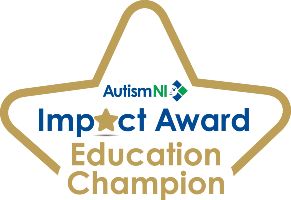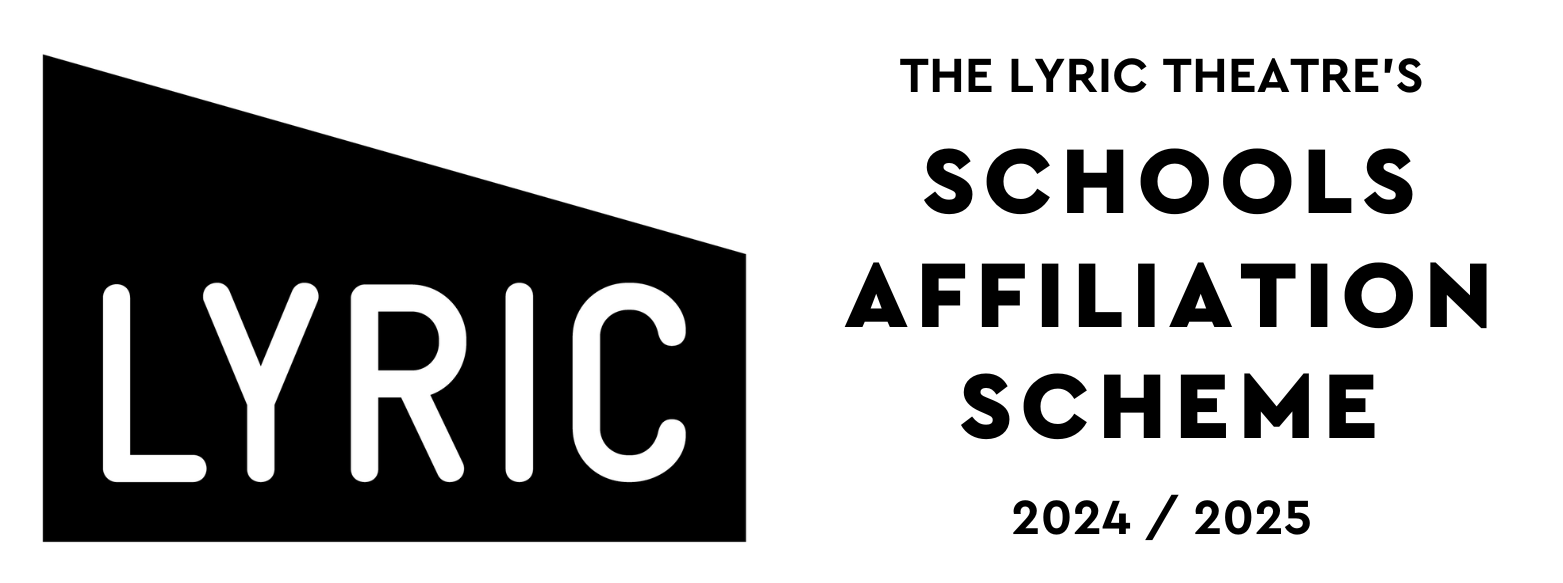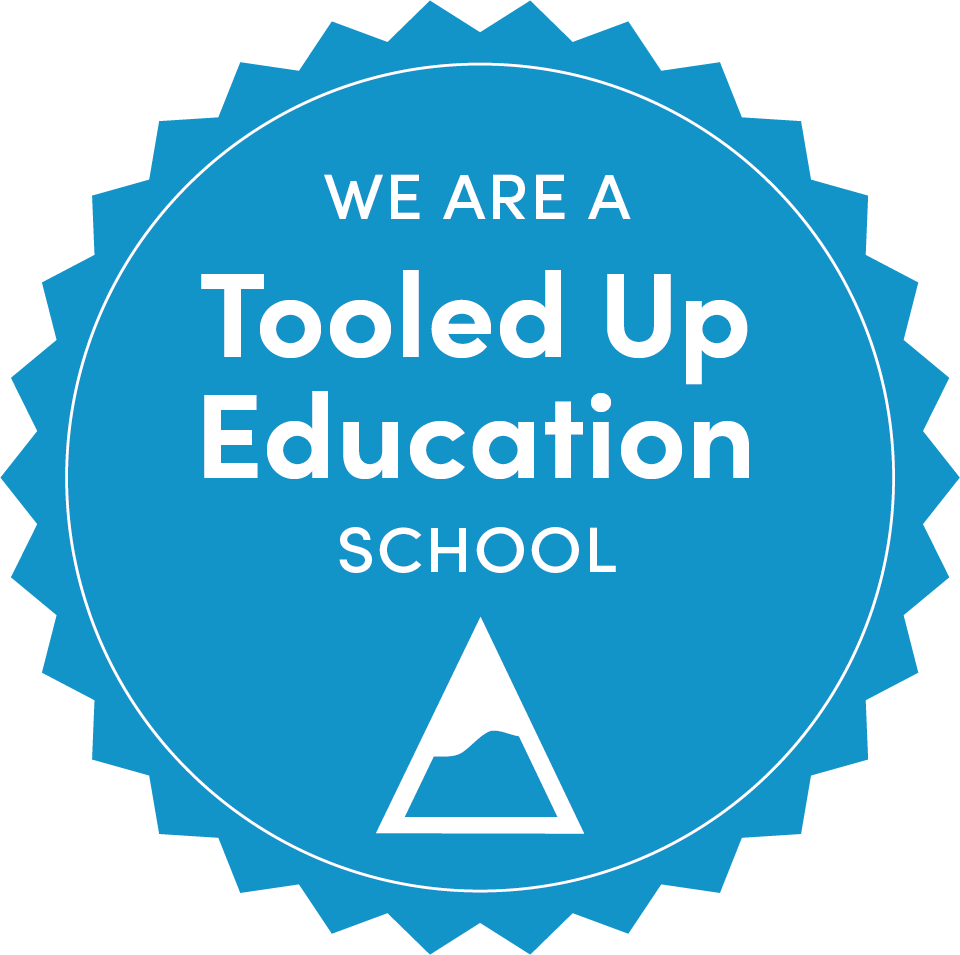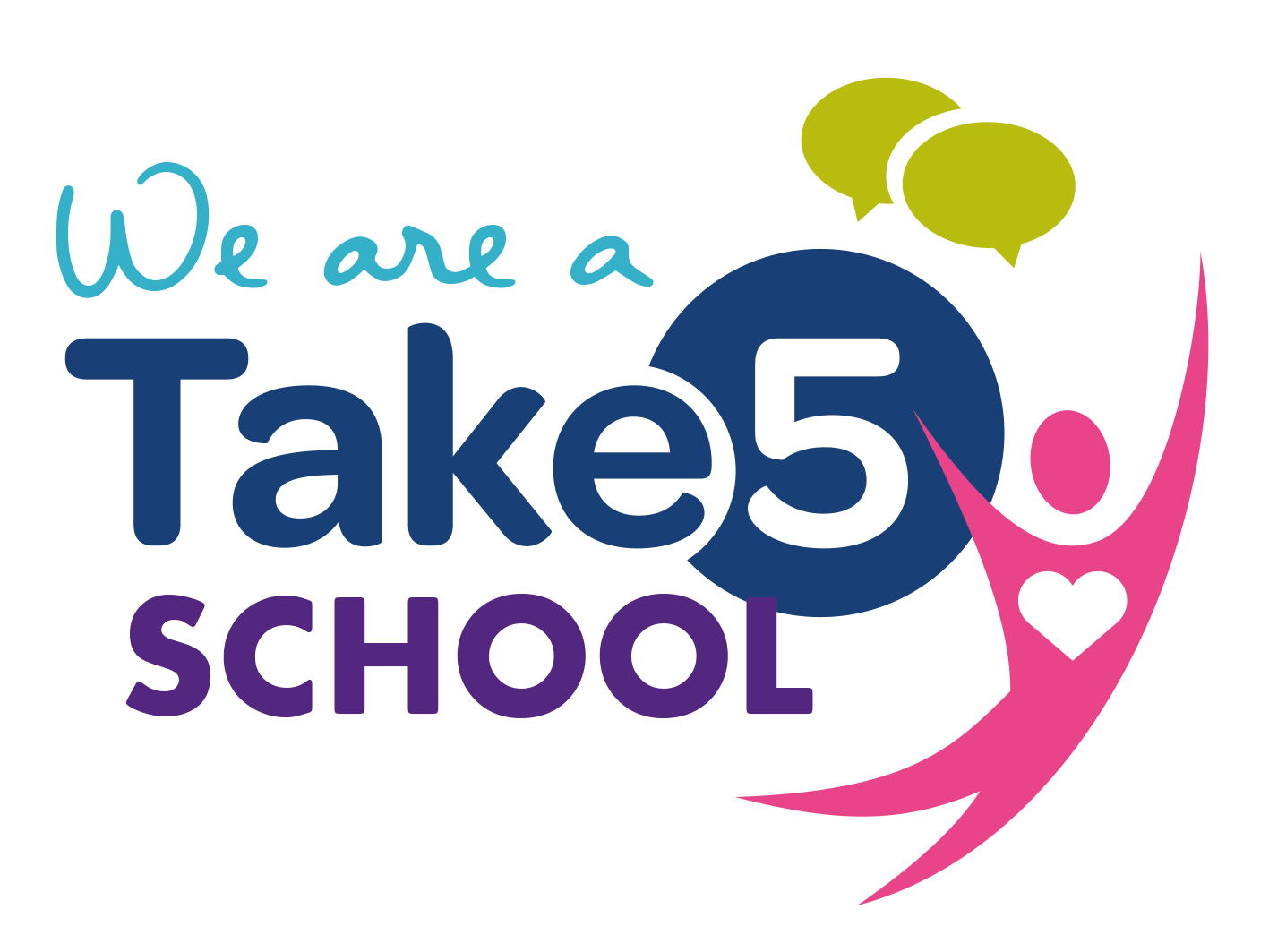Religious Studies
SPECIFIC AIMS OF THE DEPARTMENT
The religious studies department aims to:
-
Lead all pupils to an experience of Jesus Christ through a taught programme, liturgies and other prayer experiences;
-
Continue the work of parents and the church by handing on the faith;
-
Provide opportunities for pupils to develop a mature understanding of the catholic faith; and
-
Encourage all pupils to pursue academic excellence within the subject area.
OVERVIEW OF KEY STAGE 3 CURRICULUM
At Key Stage 3, religious studies is delivered over four lessons per fortnight.
Pupils follow the fully alive programme under three key areas:
-
Traditions and practice
-
World religion
-
Revelation
Taking into account the different learning styles of our pupils, a variety of methodologies and forms of assessment are adopted in our classrooms. Opportunities are also provided for pupils to improve their thinking skills and develop their personal capabilities.
YEAR 8 CURRICULUM
In year 8, pupils study the following topics:
-
St. Mary's history
-
Palestine at the time of Jesus
-
Early Judaism
-
The bible
YEAR 9 CURRICULUM
In year 9, pupils study the following topics:
-
Morality, conscience and sin
-
The Ten commandments
-
Sacrament of Reconciliation
-
Ecumenism
-
Judaism
-
Care for the environment
YEAR 10 CURRICULUM
In year 10, pupils study the following topics:
-
The beatitudes
-
Prayer and pilgrimage
-
Sanctity of life
-
Islam
-
Jesus’ relationship with others
-
Racism, prejudice and discrimination
OVERVIEW OF KEY STAGE 4 CURRICULUM
At Key Stage 4, the Religious Studies department offers religious studies at GCSE level. Pupils follow the CCEA specification. Religious studies is delivered over six lessons per fortnight.
Unit 5: Christianity Through a Study of The Gospel of Mark (50%)
This unit aims to gives pupils the opportunity to study key events in the life of Jesus and key themes found in St. Mark’s gospel.
In this unit pupils are required to consider the significance of these stories for Jesus, his disciples and for modern Christians.
This unit is assessed in the form of a written examination. Pupils will have 1 hour and 30 minutes to complete the assessment for this unit. Assessment of this unit will take place at the end of year 11.
Pupils’ work in this unit will be externally assessed
Unit 6: An Introduction to Christian Ethics (50%)
This unit aims to encourage pupils to examine aspects of Christian lifestyle and behaviour.
In this unit, pupils are required to develop their knowledge, skills and understanding of religion, exploring the significance and impact of beliefs, teachings, sources, practices and ways of life and express their personal responses and informed insights on fundamental questions and issues about identity, belonging, meaning, purpose, truth, values and commitment.
This unit is assessed in the form of a written examination. Pupils will have 1 hour and 30 minutes to complete the assessment for this unit. Assessment of this unit will take place at the end of year 12. Pupils’ work in this unit will be externally assessed.
OVERVIEW OF KEY STAGE 5 CURRICULUM
At Key Stage 5, the Religious Studies department offers Religious Studies at AS and A2 Level. Students follow the CCEA specification. At AS and A2 level, Religious Studies is delivered over eleven periods per fortnight.
At AS level, students must successfully complete two modules. A further two modules must be successfully completed at A2 level.
AS RELIGIOUS STUDIES
Unit 1: An Introduction to The Gospel of Luke (20%)
This unit aims to explore the content of the gospel of Luke.
In this unit, pupils are required to study the religious and political situation in Palestine at the time of Jesus and explore key aspects of Luke’s gospel including discipleship and miracles.
This unit is assessed in the form of a written examination. Students will have 1 hour and 20 minutes to complete the assessment for this unit.
Assessment of this unit will take place at the end of Year 13. Pupils’ work in this unit will be externally assessed.
Unit 5: The Celtic Church in Ireland in The Fifth, Sixth and Seventh Centuries (20%)
This unit aims to explore the origins, development and nature of the Celtic Church in Ireland from its pagan roots.
In this unit, pupils are required to study the arrival of Christianity in Ireland, Celtic monasticism, Celtic penitential and Celtic hagiography. Students also explore the relationship between the Celtic church in Ireland in the fifth, sixth and seventh centuries and other aspects of human experience.
This unit is assessed in the form of a written examination. Students will have 1 hour and 20 minutes to complete the assessment for this unit.
Assessment of this unit will take place at the end of Year 13. Pupils’ work in this unit will be externally assessed.
A2 Religious Studies
Unit 2: Themes in the Synoptic Gospels (30%)
This unit builds on the study of Luke’s Gospel completed at AS level. At the start of the unit, students discuss the Synoptic Problem. The focus of study then widens to include the Gospels of Matthew and Mark. The person of Jesus in the Synoptic Gospels is a key area of study. Students focus on the ethical teaching of Jesus presenting a challenge to the attitudes of his day. Students critically compare and examine the Passion and Resurrection Narratives against a background of contemporary scholarship.
This unit is assessed in the form of a written examination. Students will have 2 hours to complete the assessment for this unit. Assessment of this unit will take place at the end of Year 14. Students’ work in this unit will be externally assessed.
Unit 5: Themes in the Celtic church, reformation and post-reformation church (30%)
This unit aims to explore the missionary outreach, including the motivation and work of the Celtic Peregrini and the importance of Columbanus.
In this unit, pupils are required to examine the challenges posed by secularisation and atheism. Students also study the theme of controversy and reform through the ages consider the relationship between religious faith and state authority.
This unit is assessed in the form of a written examination. Students will have 2 hours to complete the assessment for this unit.
Assessment of this unit will take place at the end of Year 14. Students’ work in this unit will be externally assessed.
ADDITIONAL SUBJECT INFORMATION
EXTRA-CURRICULAR PROVISION
The Religious Studies department contributes extensively to the school’s extra-curricular provision.
Extra-curricular activities include:
-
Pope John Paul II award
-
Muiredach Award
-
Catholic Schools week
-
Year group retreats
-
Whole school masses
-
Year group masses with parents (Years 8, 12 and 14)
-
Faith development programmes for Years 11-14
-
Faith speakers
-
St. Vincent de Paul hamper appeal
-
St. Vincent de Paul family gift appeal
-
Road of hope shoebox appeal
-
School carol services
-
Easter services
-
Life advocate awards competition
-
Re: link magazine competition
-
A-Level conferences
-
Trocaire romero schools award
-
Liturgy group
-
Weekly prayer themed assemblies
-
Christmas card competition alongside the art department
-
Participating in parish youth missions
-
Many students travel to Lourdes, Fatima with the dioceses over the summer
CAREERS INFORMATION
Religious Studies helps many pupils go forward and secure places in third level education or other alternative work pathways. The skills developed at various key stages in Religious Studies, have proven to be very beneficial in helping students to make the transition to academic study at university level.
Our teaching methodologies are designed to develop critical thinking skills, interpretative and analytical skills and encourage independent learning where pupils must research various schools of thought and offer their own personal insights. The content of the ethics programme gives a meaningful moral and ethical backdrop to key areas such as medicine, journalism or law.
Students who have studied Religious Studies to A Level have pursued university courses and careers in areas such as:
-
Law
-
Journalism
-
Teaching
-
Priesthood
-
Biomedical science
-
Computing with education
-
Psychology
-
Medicine
-
Occupational therapy
-
Business management
-
Nursing
